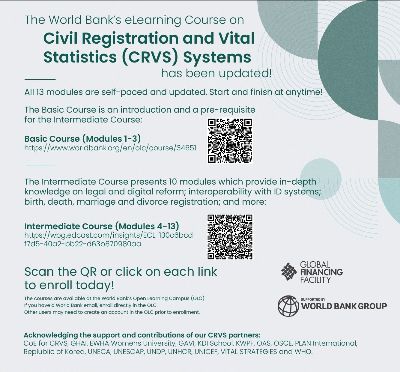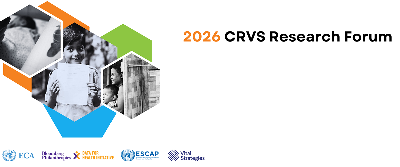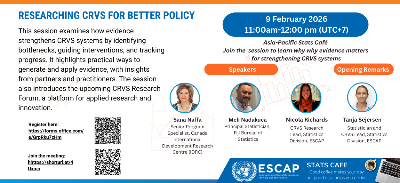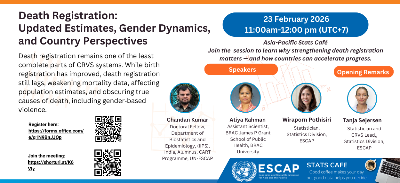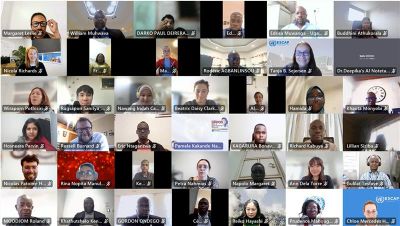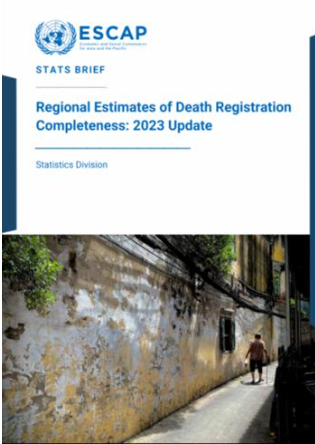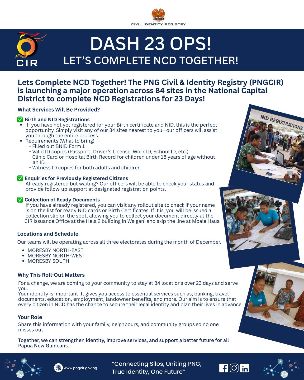ESCAP recently released a publication entitled, "Time for Equality: The Role of Social Protection in Reducing Inequalities in Asia and the Pacific". The publication explores the linkages between inequality and social protection. Overall, it argues that inequality, in its multiple forms, is on the rise in Asia and the Pacific, and is having an adverse impact on sustainable development. The report provides evidence that social protection is an effective instrument to reduce inequalities, and by so doing, contributes to the integration of the economic, social and environmental dimensions of sustainable development. It examines in particular the inequalities faced by children, persons of working-age, older persons and in relation to access to affordable health care and related social protection initiatives taken in the region. It notes that while countries in the region are increasingly recognizing the importance of social protection, important coverage gaps remain. It also includes examples of successful schemes and provides member States and other stakeholders with recommendations along eight broad and complementary approaches. One of the factors undermining the effectiveness and efficiency of social protection systems is that potential beneficiaries are not accurately identified and targeted. This often leads to coverage, management and monitoring gaps. To improve this situation, countries should take steps to improve systems of civil registration and vital statistics (CRVS). Such improvements would facilitate the provision of indispensable demographic and health information, strengthening the evidence base and rendering re-distributive policies and interventions more effective and responsive to the needs of all, and the most vulnerable in particular.
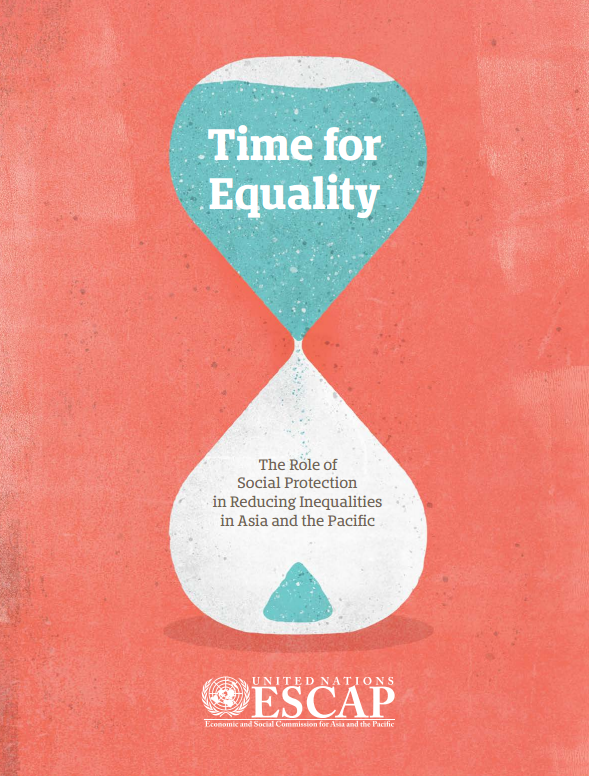
More News
India is hosting a National Symposium and Stakeholder Consultation titled “Building a Mortality…
The World Bank has released an updated version of its free Civil Registration and Vital Statistics…
In partnership with the Economic Commission for Africa (ECA) and Vital Strategies, the Economic and…
ESCAP is hosting a new session of its Asia‑Pacific Stats Café Series on 9 February 2026, focusing…
ESCAP will convene another session of the Asia‑Pacific Stats Café Series on 23 February 2026,…
On 20 January 2026, the third cohort of the CRVS Applied Research Training (CART) Initiative was…
ESCAP has released a new Stats Brief on Regional estimates of death registration completeness: 2023…
The Papua New Guinea Civil and Identity Registry (PNGCIR) has initiated DASH 23 OPS, an intensive…
Vietnam has approved a new National Action Program on Civil Registration and Vital Statistics (CRVS…
In the Solomon Islands, where nearly 80% of deaths occur outside formal health facilities, the…



